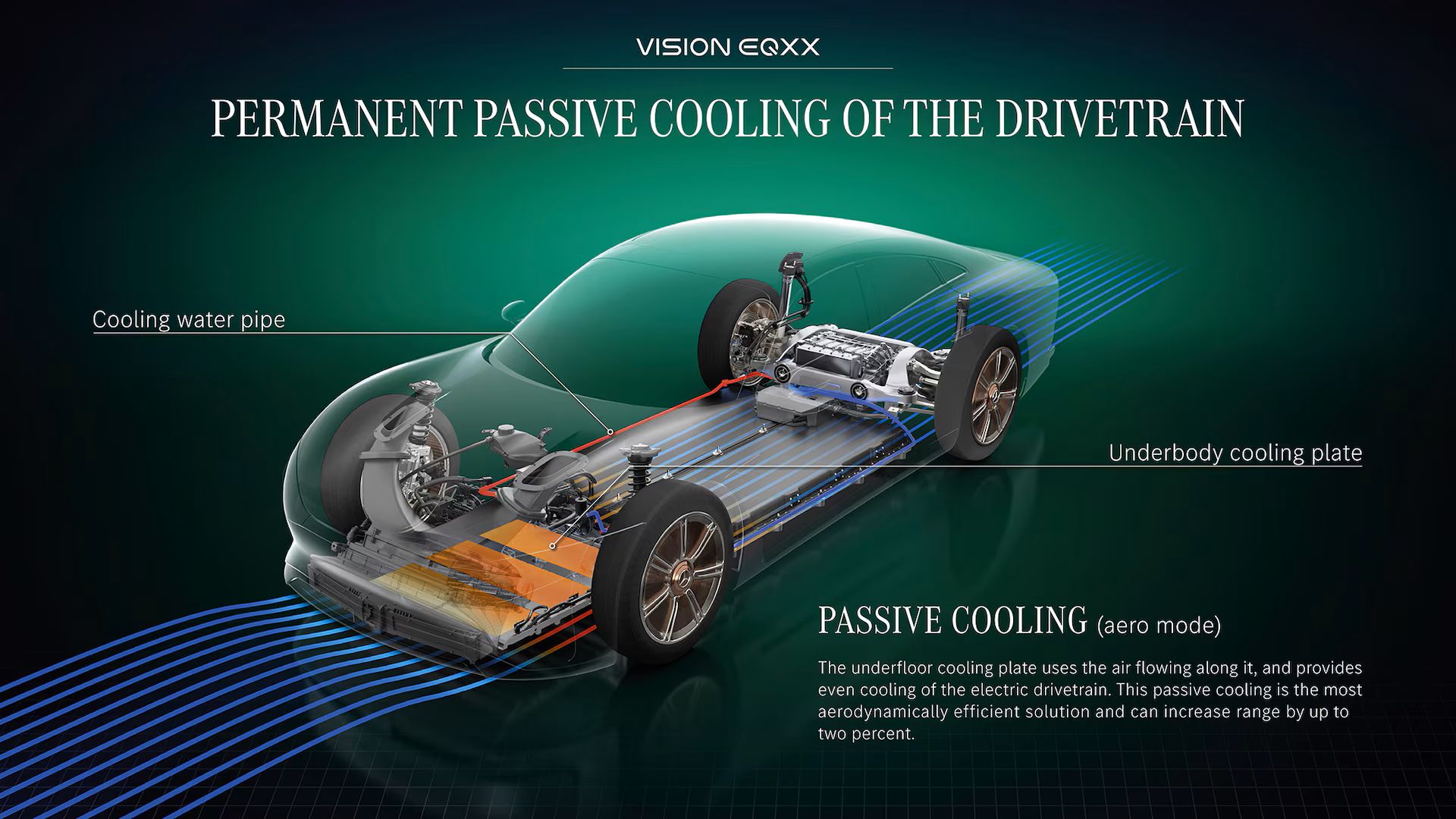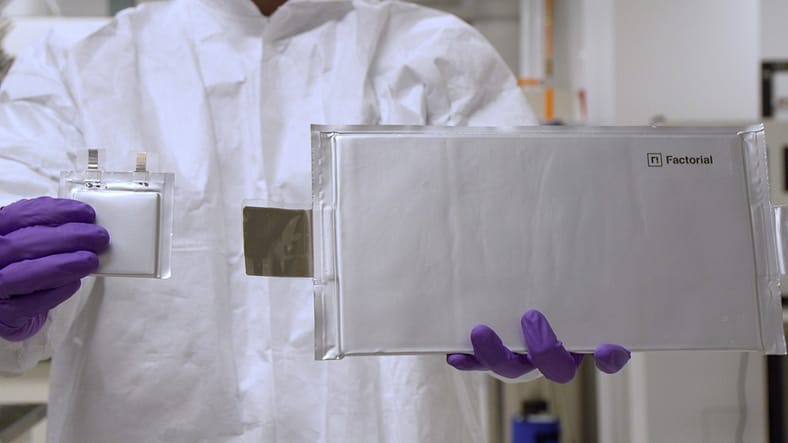The Vision EQXX, a groundbreaking electric concept car from Mercedes Benz, has been shrouded in mystery since its revealing. While the car’s impressive range and efficiency have been widely discussed, the technology behind its battery pack has remained relatively unknown. Recent developments suggest that the Vision EQXX is closely tied to the future of solid-state batteries.
Factorial Energy, a battery startup, has announced plans to develop solid-state batteries that could significantly improve the range and charging speed of electric vehicles. These batteries are expected to be available by the end of the decade, and Mercedes-Benz has indicated that they will be incorporated into future electric models.
The Vision EQXX, which was revealed in 2022, features a unique cooling system that uses air instead of liquid to cool the battery pack. While this approach can reduce weight and improve energy density, it can also lead to shorter battery life and slower charging times. It is possible that the Vision EQXX was designed with the anticipation of future solid state batteries, which would eliminate the need for a liquid cooling system and allow for even greater range and efficiency.
If Vision EQXX is indeed a precursor to future Mercedes-Benz electric models, it suggests that the company is investing heavily in battery technology and is committed to developing vehicles that are both sustainable and technologically advanced. The availability of solid state batteries could mark a significant milestone in the evolution of electric vehicles, and the Vision EQXX may be a look into the future of automotive transportation.
Factorial, the American battery startup, has been making waves in the automotive industry with its solid-state batteries (SSBs). The company’s partnership with Mercedes-Benz has been a game-changer, and the recent press release has revealed some exciting details about their Solstice SSBs. One of the most impressive features is their ability to operate at high temperatures, potentially reducing the need for complex cooling systems. This could lead to significant cost savings for electric vehicles.
Factorial Energy, a Mercedes-Benz partner, has revealed their Solstice solid-state battery technology, which offers a promising alternative to traditional lithium-ion batteries. Like QuantumScape, Factorial’s cells employ a unique design featuring a lid that expands during discharge, forming a lithium metal anode. However, Factorial differentiates itself by utilizing a sulfide-based solid-state electrolyte, while QuantumScape opts for a ceramic electrolyte.
This choice raises safety concerns, as sulfide-based electrolytes can produce toxic hydrogen sulfide when exposed to moisture. Factorial has not yet disclosed how they mitigate this risk. Despite these challenges, the Solstice cells boast a dry coating process, eliminating the need for hazardous solvents and energy-intensive steps commonly used in traditional cathode production.

This not only improves environmental sustainability but also reduces manufacturing costs. Moreover, the dry coating process bypasses the formation process, the most energy-consuming stage of lithium-ion battery manufacturing. While the Solstice cells demonstrate promising performance, long term stability at raised temperatures remains a crucial question. The ability to maintain stability at temperatures exceeding 90°C is essential for ensuring the longevity and safety of the batteries.
Factorial is conducting extensive testing to evaluate the long-term performance of their cells under various conditions. If Factorial can successfully address the safety concerns associated with sulfide-based electrolytes and ensure the long-term stability of their cells, the Solstice technology could represent a significant breakthrough in battery technology.
The potential benefits, including improved energy density, faster charging times, and enhanced safety, make the Solstice cells a promising candidate for future electric vehicles and other applications.

